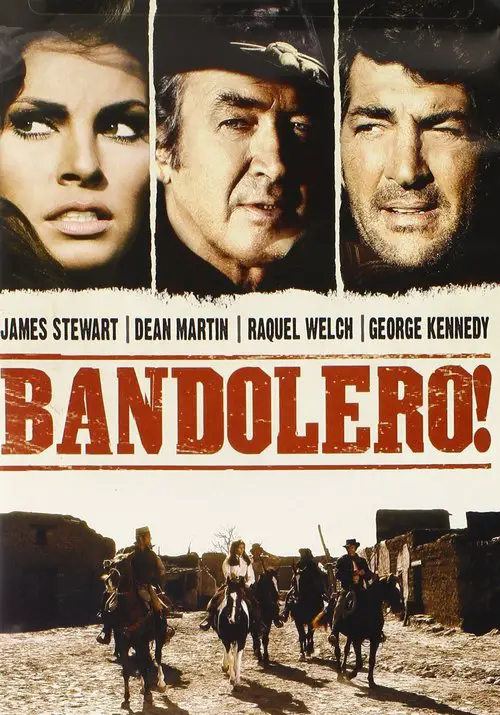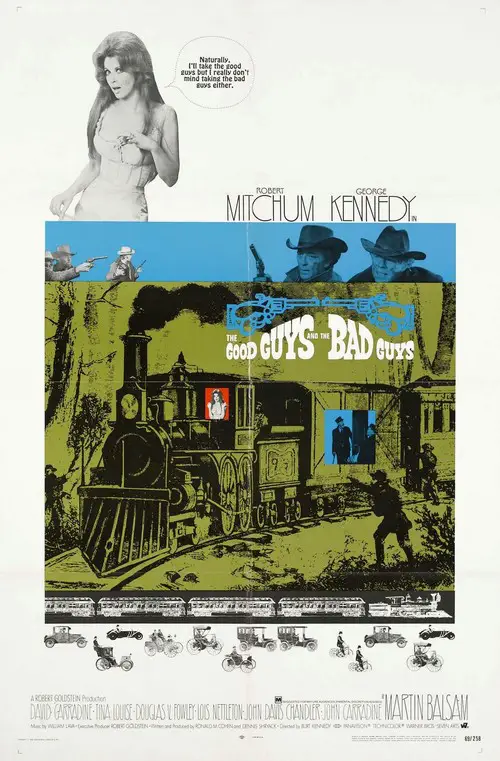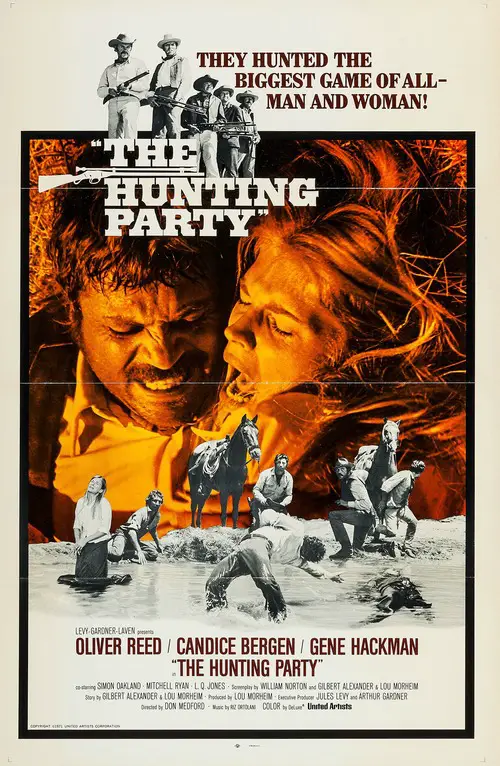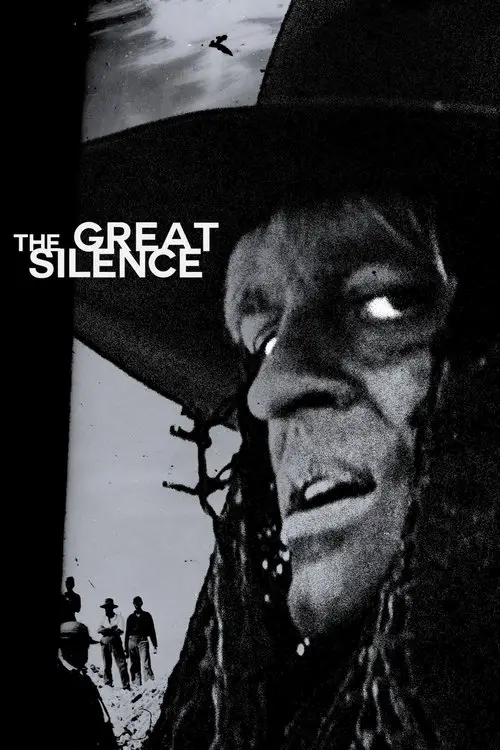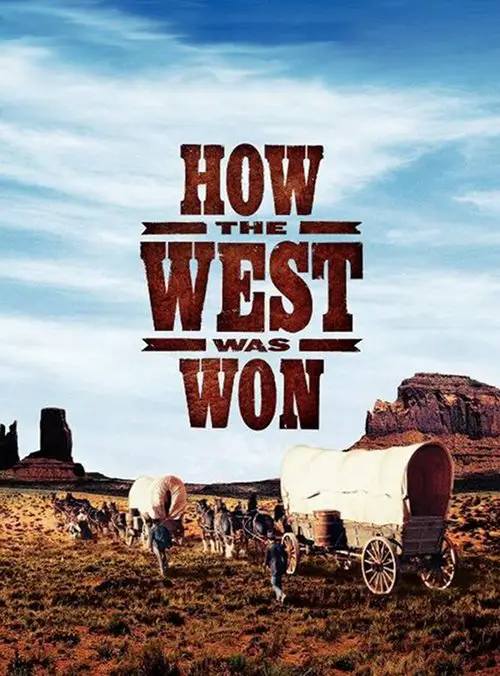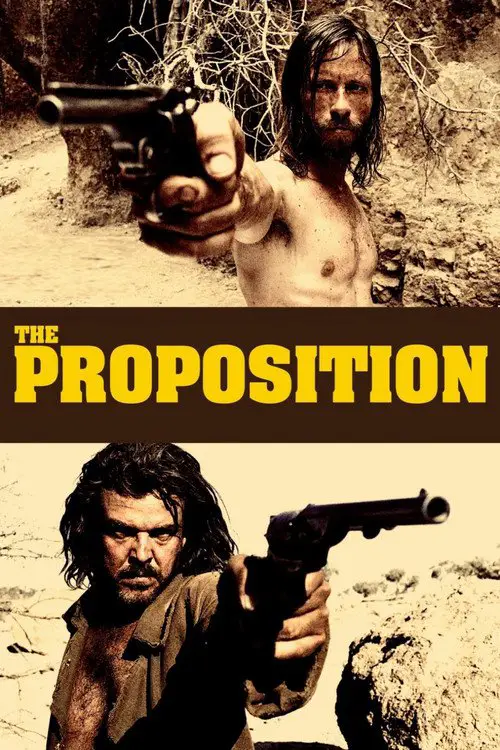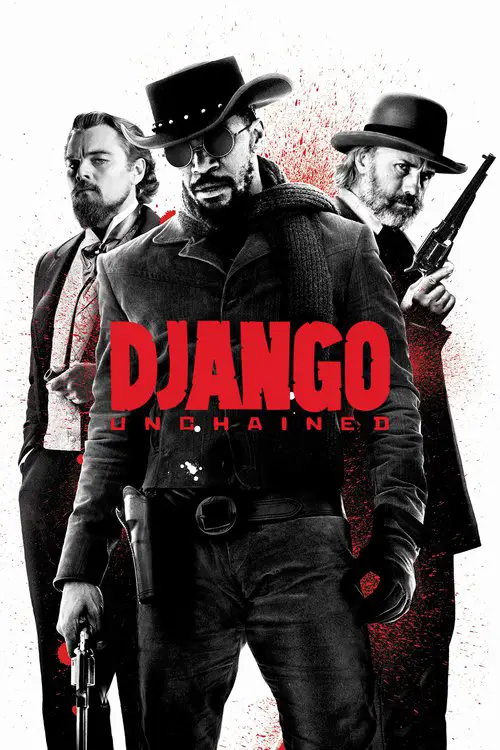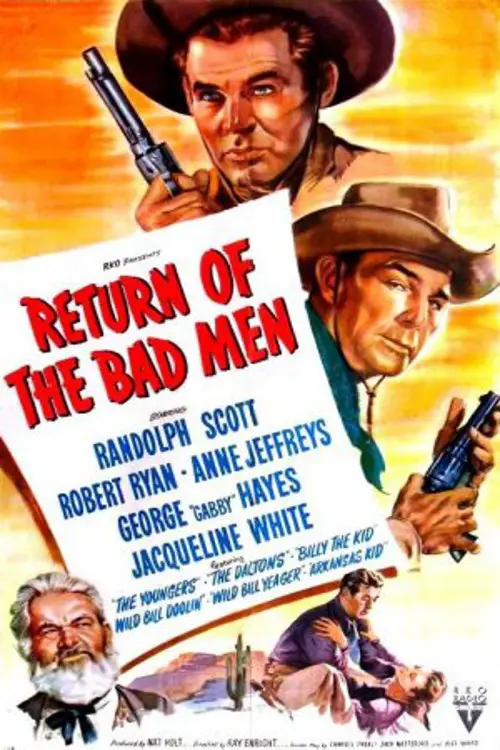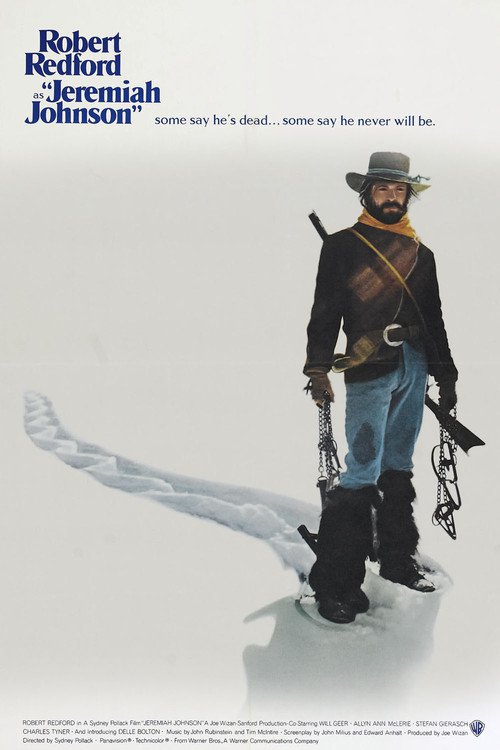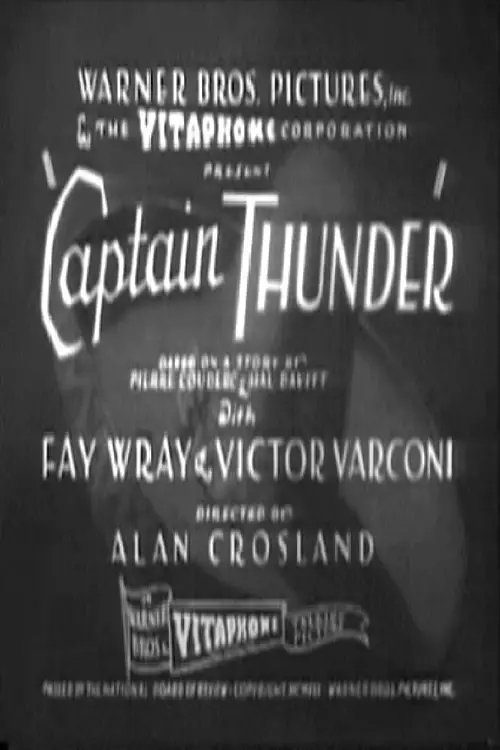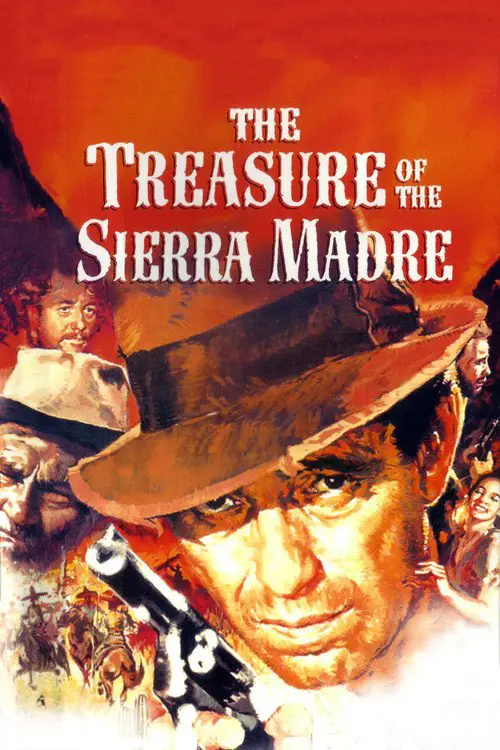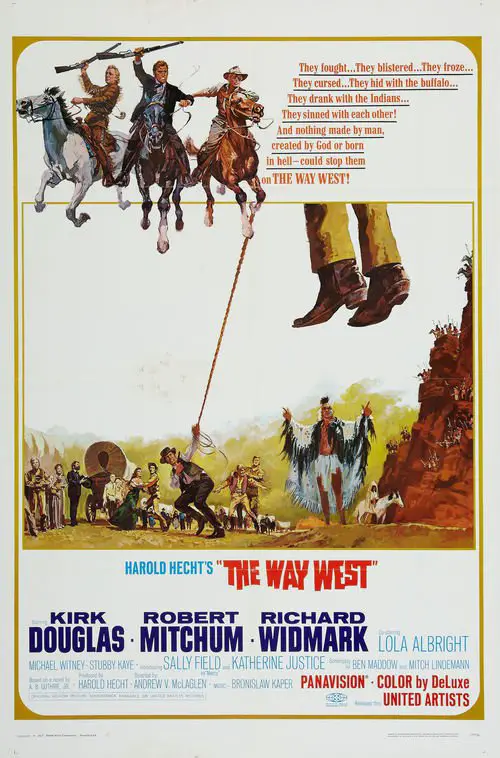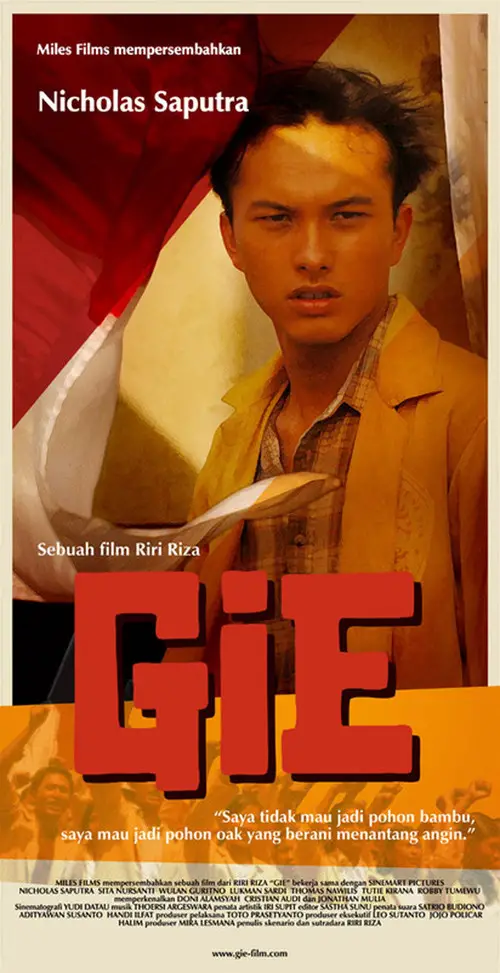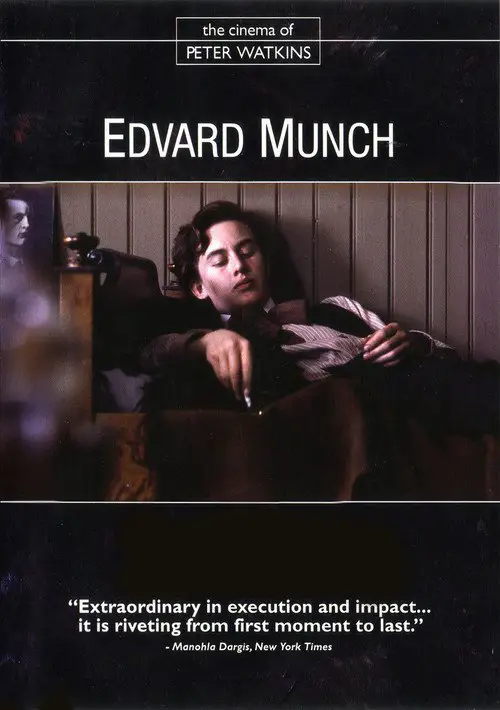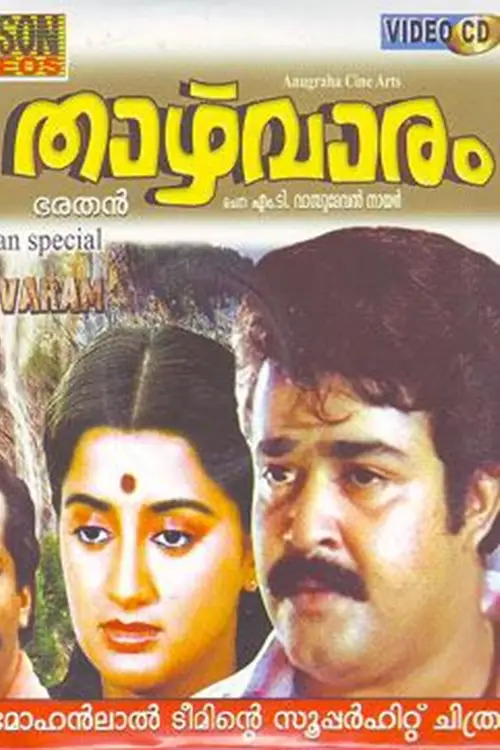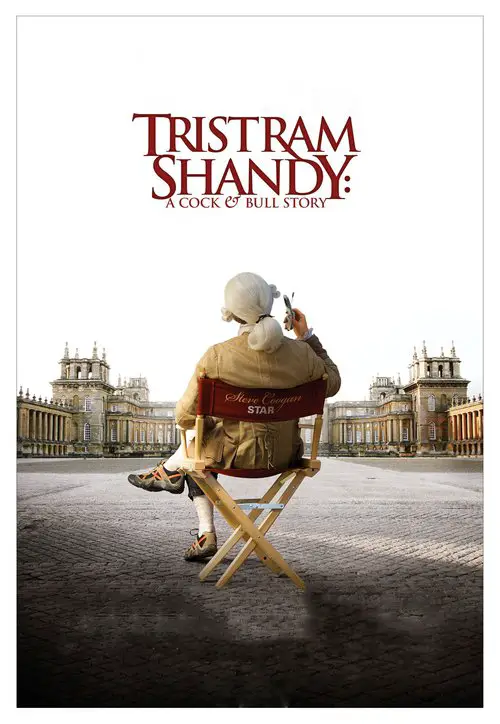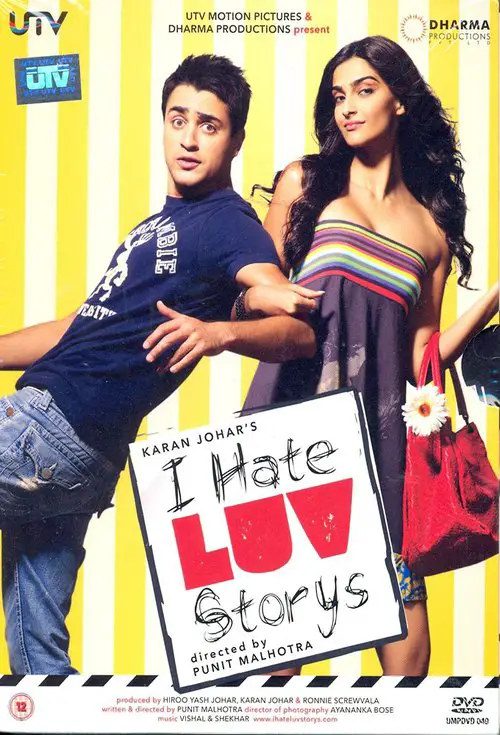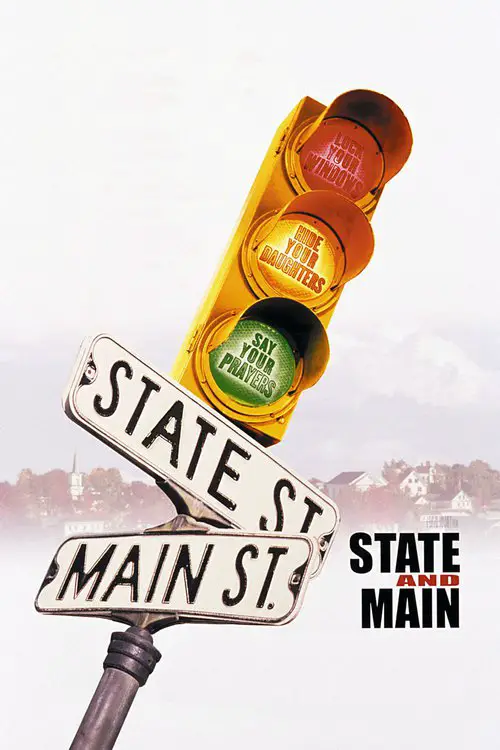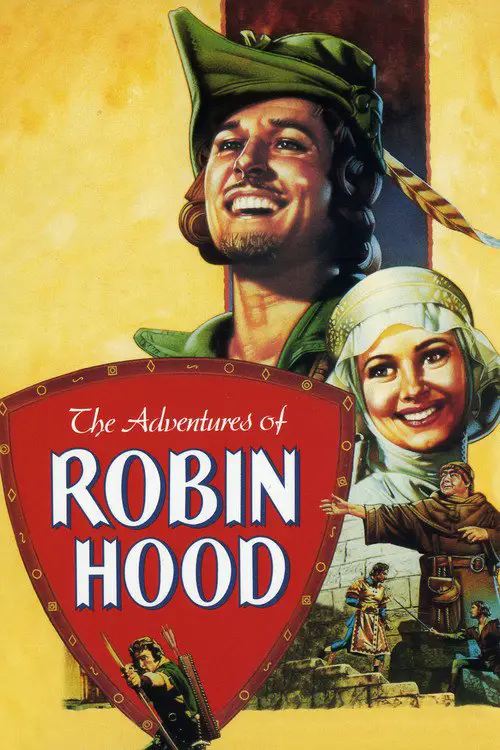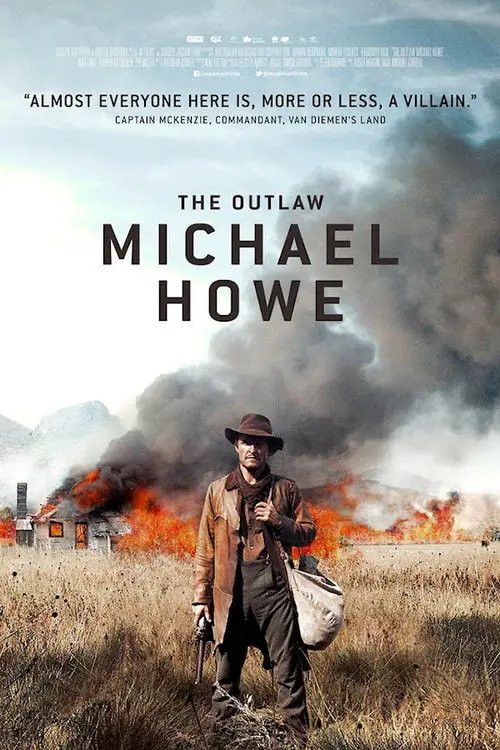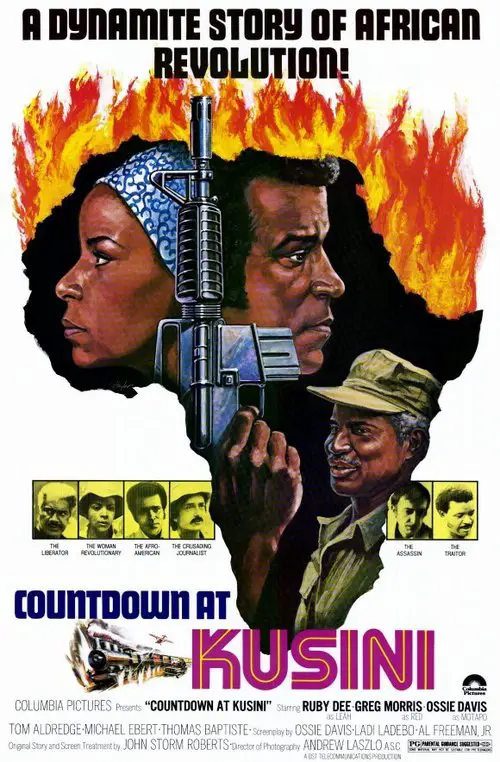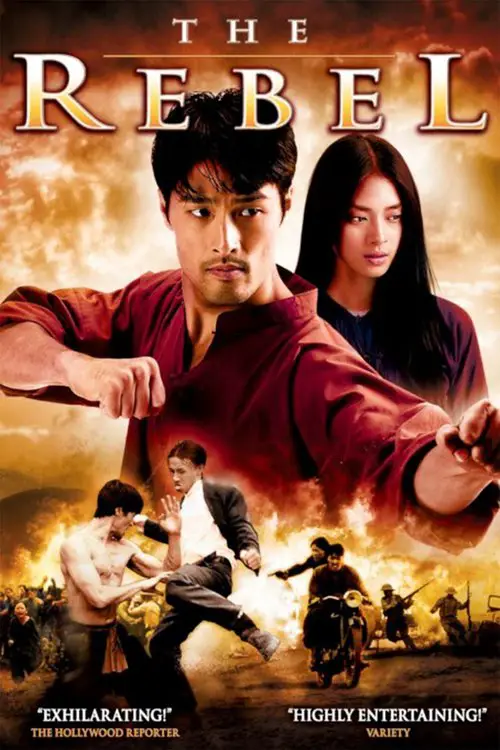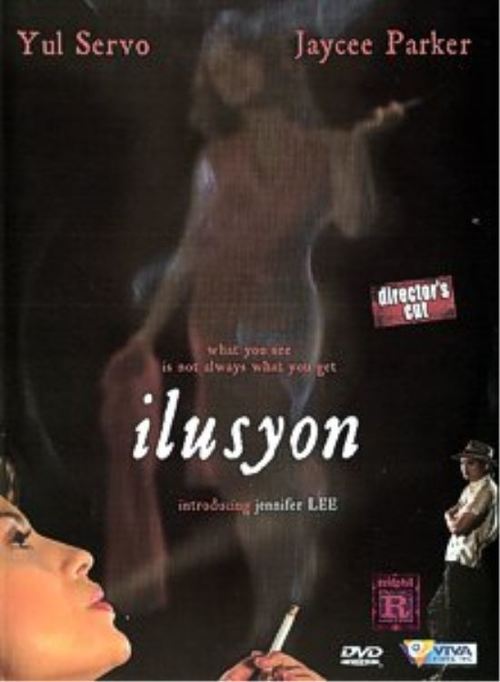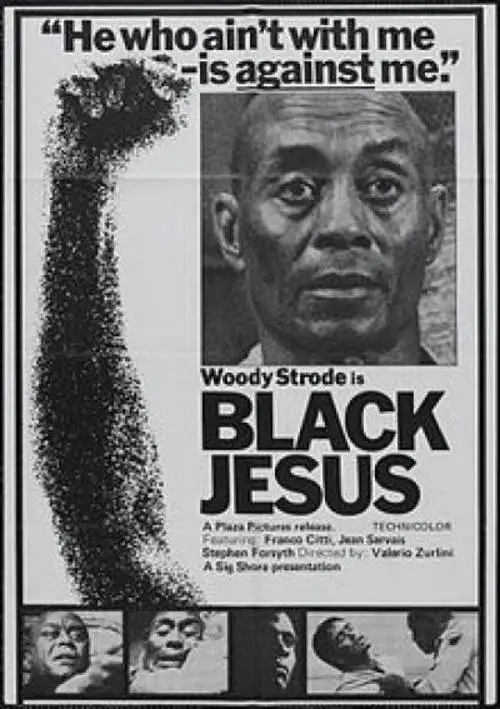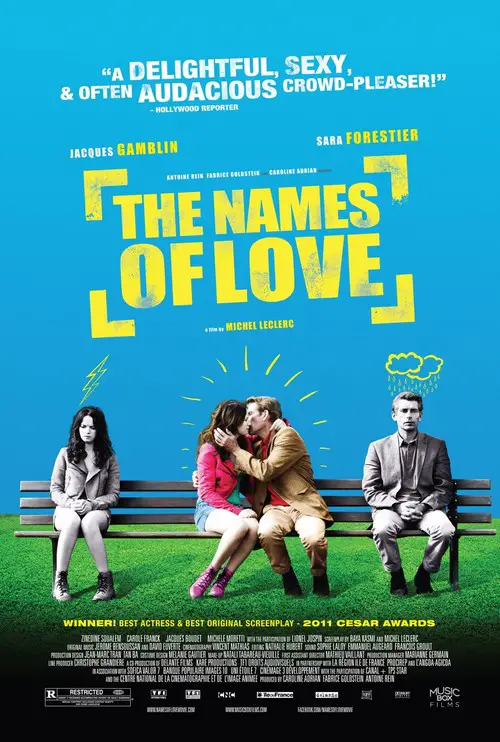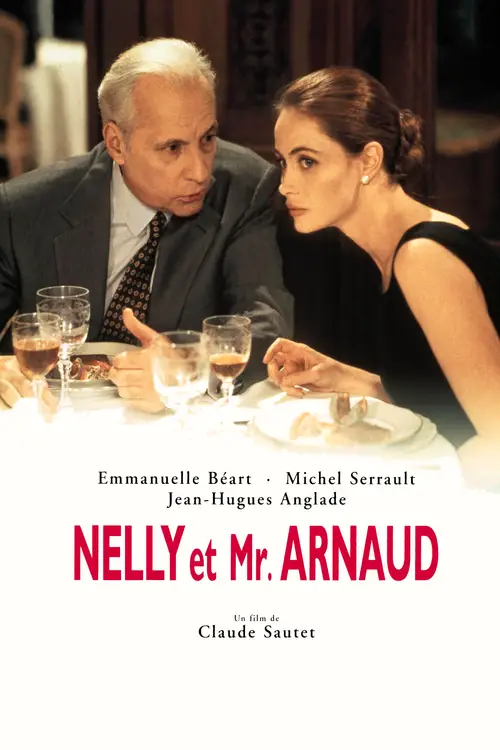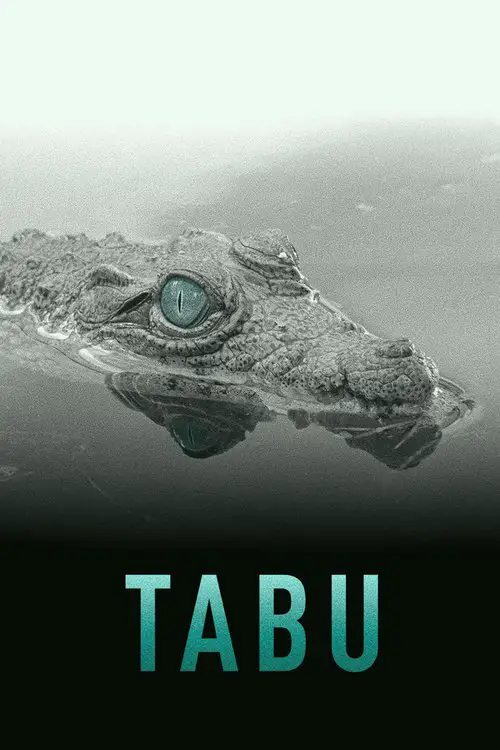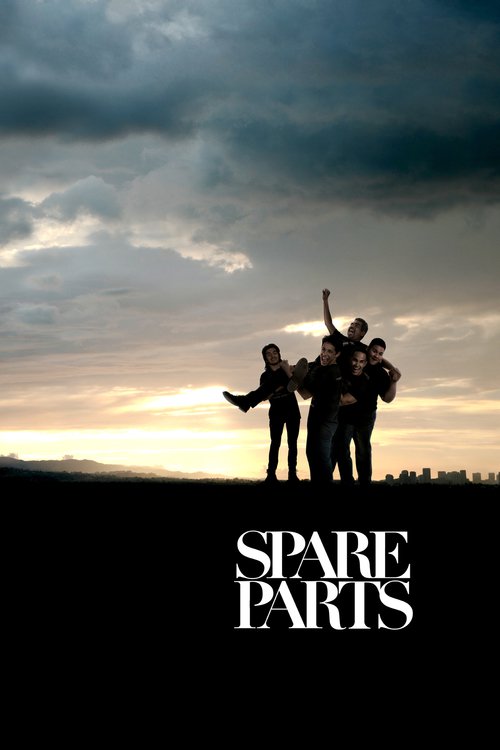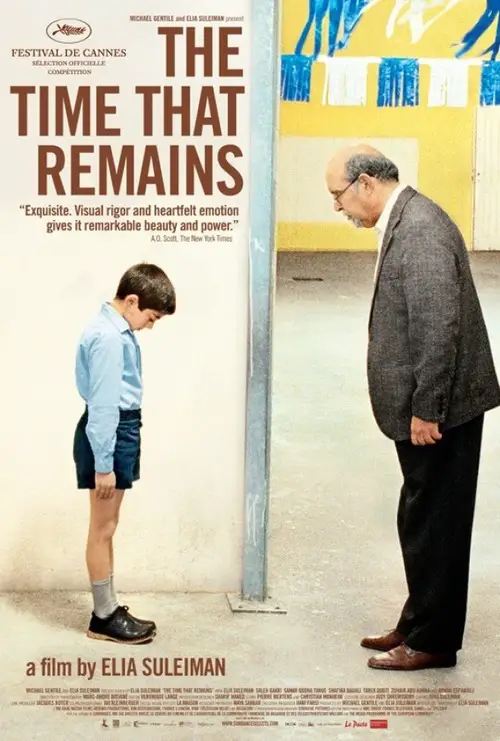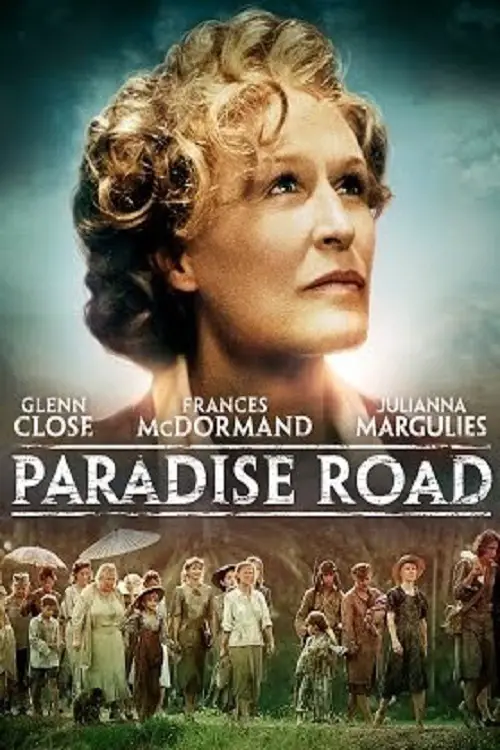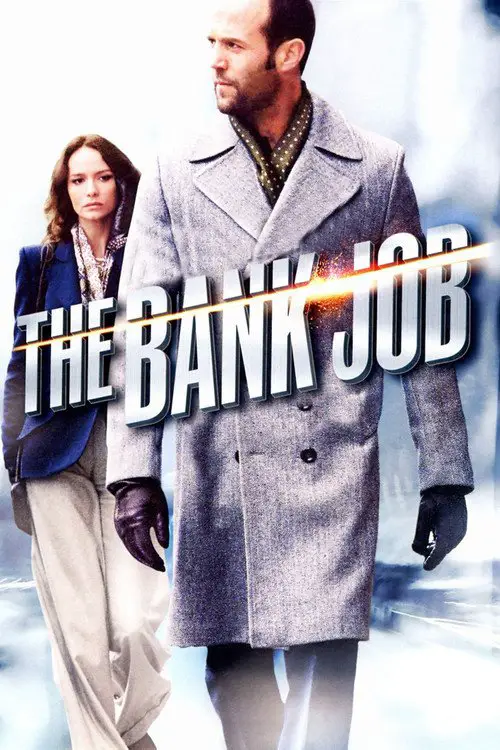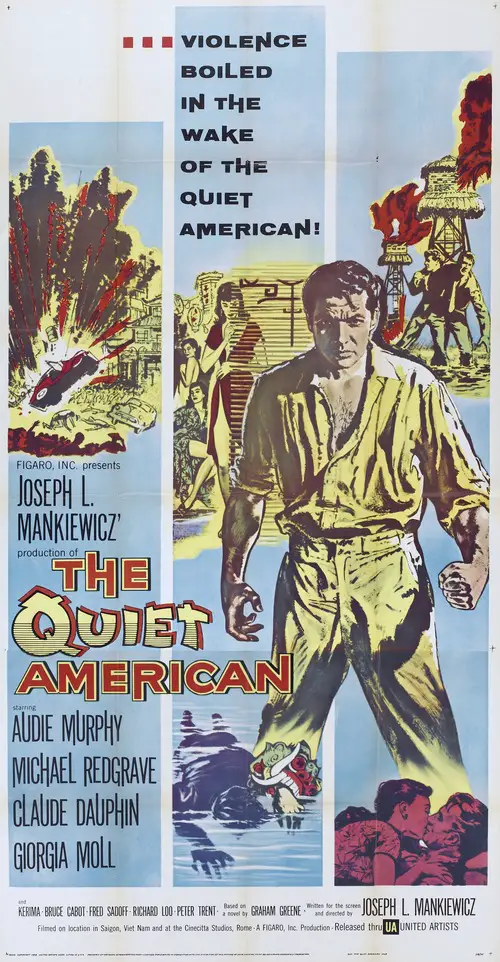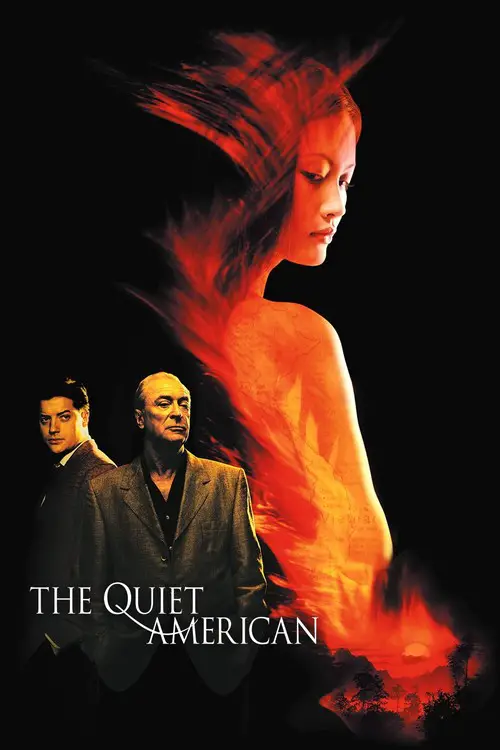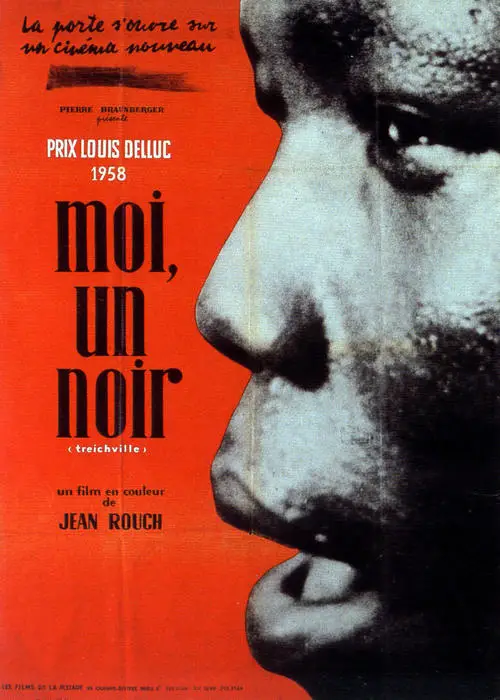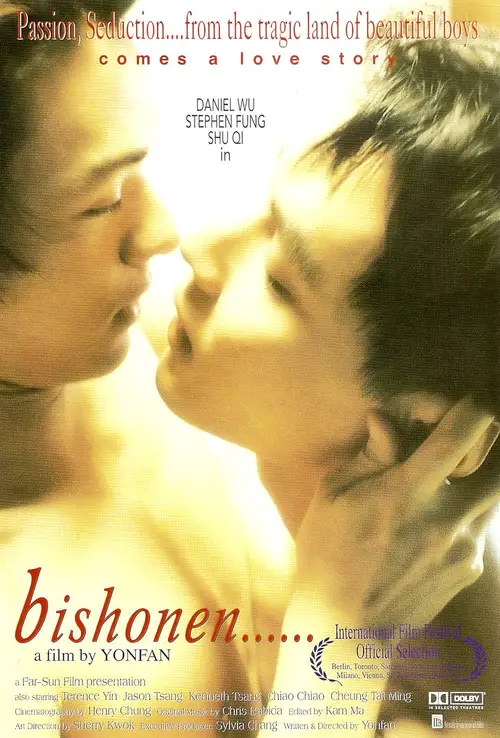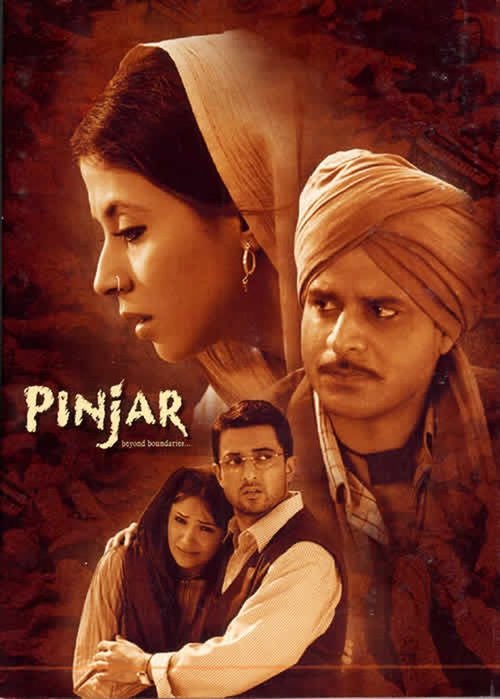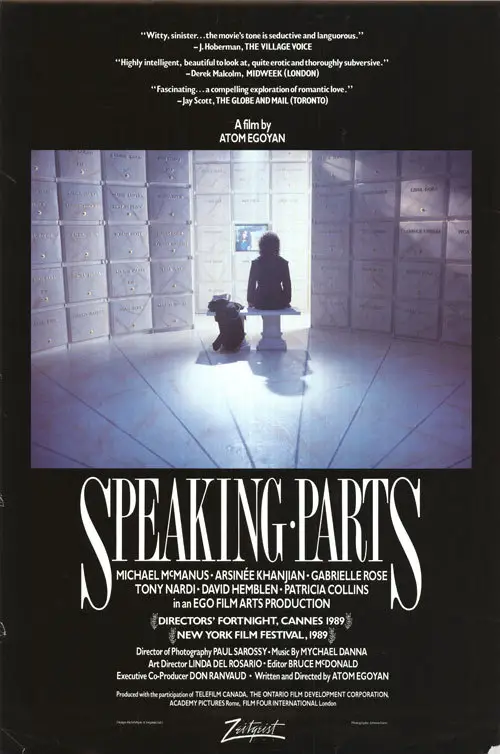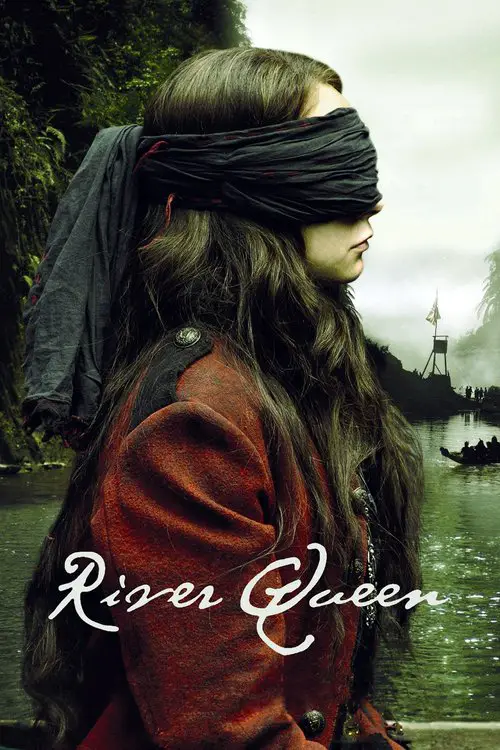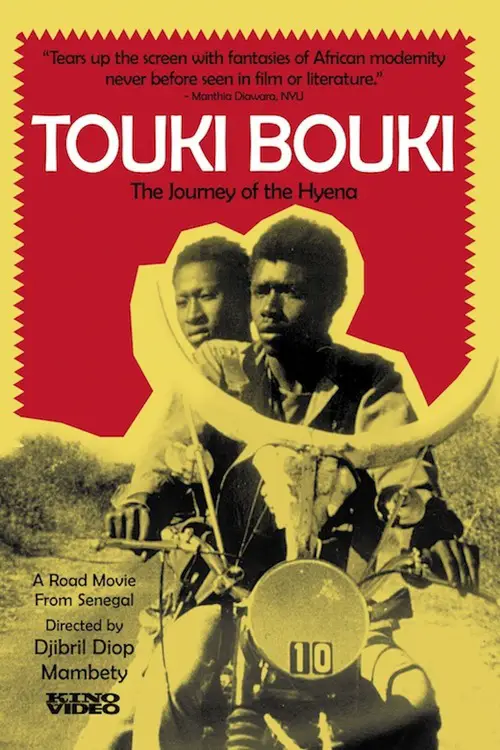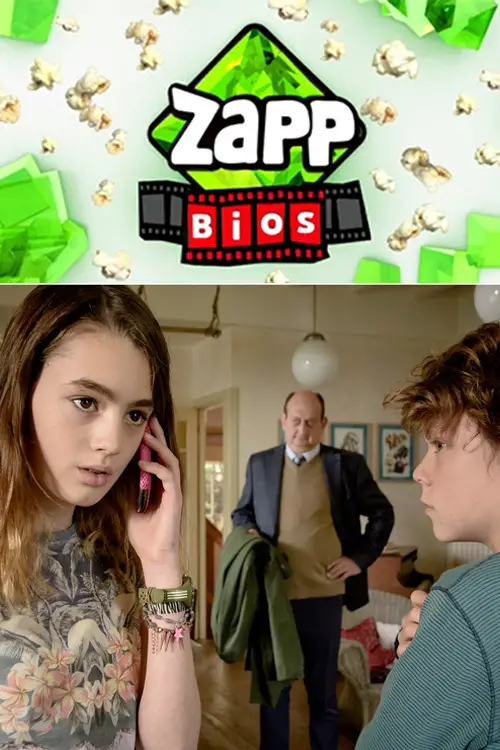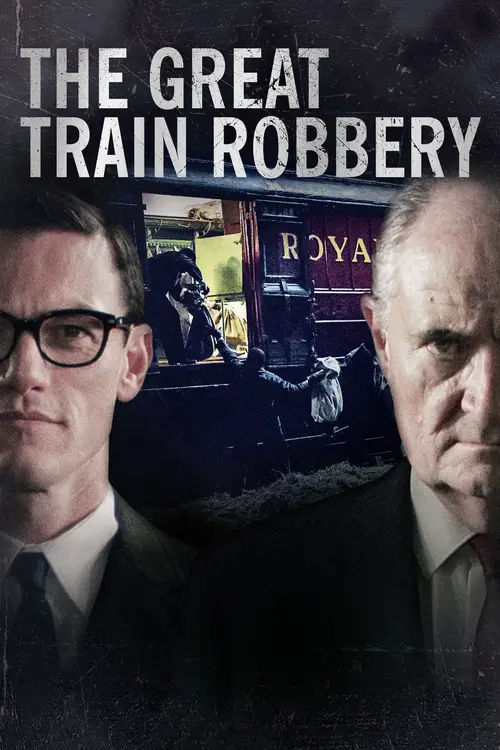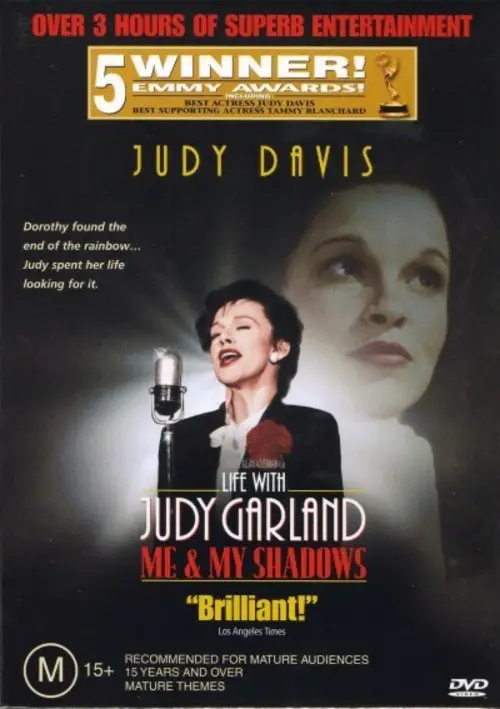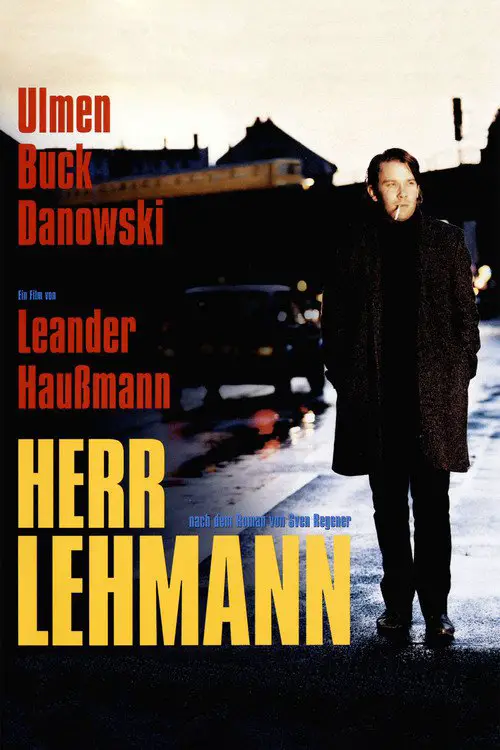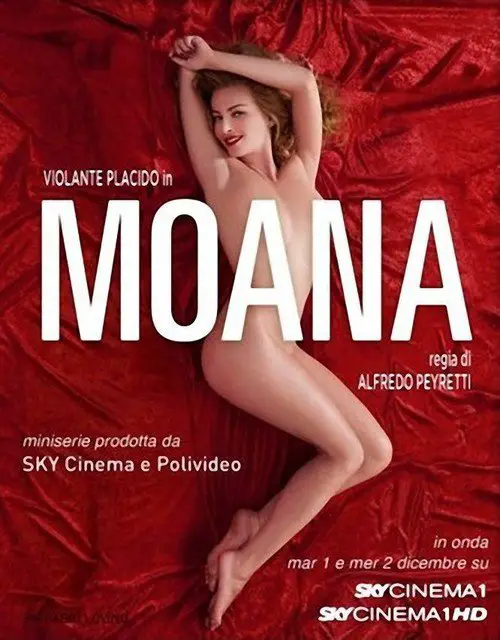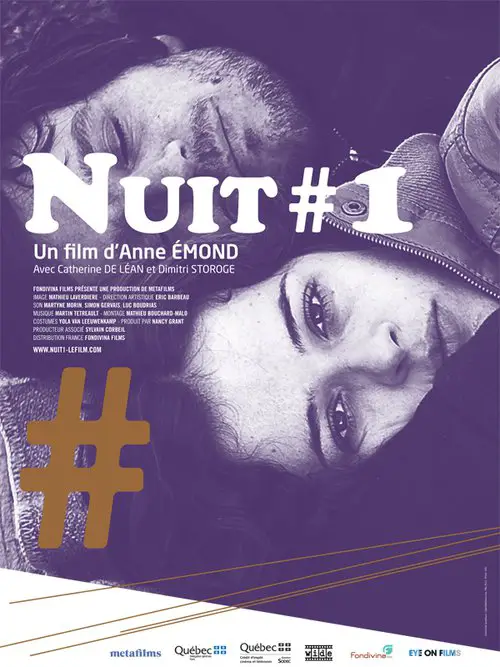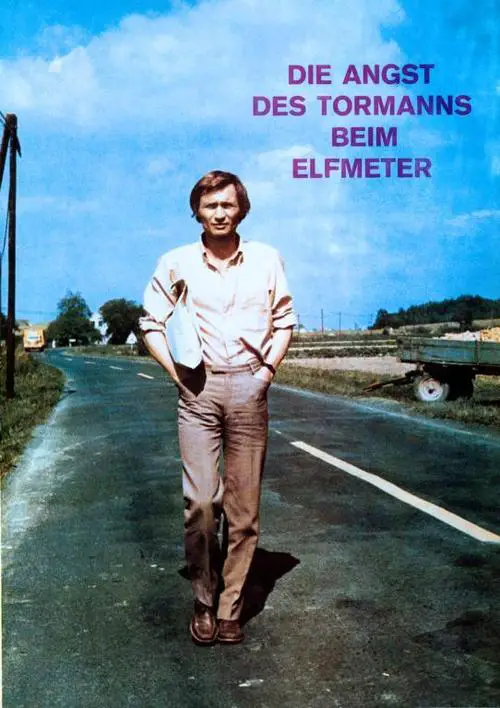The Outlaws (1969)
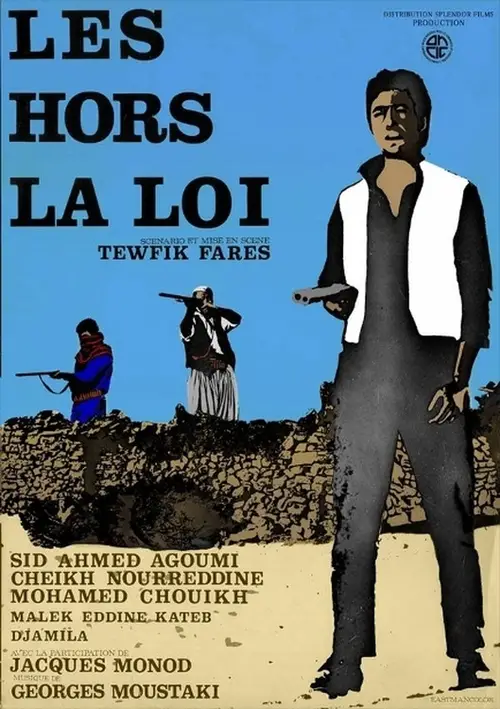
Similar movies
Marshal Flagg, an aging lawman about to be retired, hears that his old nemesis, the outlaw McKaye, is back in the area and planning a robbery. Riding out to hunt down McKaye, Flagg is captured by McKaye's gang and finds out that McKaye is no longer the leader of the gang, but is considered just an aging relic by the new leader, a youngster named Waco. Waco orders Mackaye to shoot Flagg, and when Mackaye refuses Waco abandons both of them. Flagg then takes Mackaye back to town only to find out that he has been "retired", and when he sees how clueless and incompetent the new marshal and the city fathers are, he persuades Mackaye that it is up to the two of them to stop Waco and his gang from ravaging the town.
The Great Silence (Il grande silenzio, 1968), or The Big Silence, is an Italian spaghetti western. The movie features a score by Ennio Morricone and stars Jean-Louis Trintignant as Silence, a mute gunfighter with a grudge against bounty hunters, assisting a group of outlawed Mormons and a woman trying to avenge her husband (one of the outlaws). They are set against a group of ruthless bounty hunters, led by Loco (Klaus Kinski). It is one of Corbucci's better known movies. Unlike most conventional and spaghetti westerns, The Great Silence takes place in the snow-filled landscapes of Utah during the Great Blizzard of 1899.
Set in the Australian outback in the 1880s, the movie follows the series of events following the horrific rape and murder of the Hopkins family, allegedly committed by the infamous Burns brothers gang. Captain Morris Stanley captures Charlie Burns and gives him 9 days to kill his older dangerous psychopathic brother, or else they'll hang his younger mentally slow brother on Christmas Day.
A notorious Mexican bandit goes all soft and mushy when he falls for a beautiful senorita. Warner Bros.' Captain Thunder contains some of the darndest Mexican accents you've ever heard in your life. The star is Hungarian-born Victor Varconi, portraying a legendary south of the border outlaw who tries to force Canadian senorita Fay Wray to marry a rival rustler whom she despises. She pleads with the bandito so pathetically that he is moved to grant her a single wish. Without hesitation she chooses her poor but true love. The bandit king, being a somewhat honorable fellow grants the wish and without a twitch, guns down the wicked cattle thief. Fortunately the film was played for comedy, a wise decision since it probably would have garnered laughs as a straight drama anyway.
Fred C. Dobbs and Bob Curtin, both down on their luck in Tampico, Mexico in 1925, meet up with a grizzled prospector named Howard and decide to join with him in search of gold in the wilds of central Mexico. Through enormous difficulties, they eventually succeed in finding gold, but bandits, the elements, and most especially greed threaten to turn their success into disaster.
In the mid-19th century, Senator William J. Tadlock leads a group of settlers overland in a quest to start a new settlement in the Western US. Tadlock is a highly principled and demanding taskmaster who is as hard on himself as he is on those who have joined his wagon train. He clashes with one of the new settlers, Lije Evans, who doesn't quite appreciate Tadlock's ways. Along the way, the families must face death and heartbreak and a sampling of frontier justice when one of them accidentally kills a young Indian boy.
Gie is a 2005 Indonesian film directed by Riri Riza. The film tells the story of Soe Hok Gie, a graduate from University of Indonesia who is known as an activist and nature lover. The film is based on a diary Catatan Seorang Demonstran written by Soe himself. The plot of this film is an interpretation of the filmmakers, and scenes portraying Soe's private life may be partly fictionalised for dramatisation.
A biographical film about the Norwegian Expressionist painter Edvard Munch. It was originally created as a three-part miniseries co-produced by the Norwegian and Swedish state television networks, but subsequently gained an American theatrical release in a three-hour version in 1976. The film covers about thirty years of Munch's life, focusing on the influences that shaped his art, particularly the prevalence of disease and death in his family and his youthful affair with a married woman.
A man comes to an isolated valley to take revenge on his friend who murdered his wife. Set in the backdrop of a village in a valley along Palakkad, it is influenced by the spaghetti western genre, and has achieved a cult status in Kerala since its release. Considered as the best thriller of all time in Malayalam cinema. Mohanlal's acting skills and Bharathan's direction are at the peak in this film
Two actors, as their make up is applied, talk about the size of their parts. Then into the film: Laurence Sterne's unfilmable novel, Tristram Shandy, a fictive autobiography wherein the narrator, interrupted constantly, takes the entire story to be born. The film tracks between "Shandy" and behind the scenes. Size matters: parts, egos, shoes, noses. The lead's girlfriend, with their infant son, is up from London for the night, wanting sex; interruptions are constant. Scenes are shot, re-shot, and discarded. The purpose of the project is elusive. Fathers and sons; men and women; cocks and bulls. Life is amorphous, too full and too rich to be captured in one narrative.
The first of what Luis Buñuel later proclaimed a trilogy (along with The Discreet Charm of the Bourgeoisie and The Phantom of Liberty) about âthe search for truth,â The Milky Way (La voie lactee) daringly deconstructs contemporary and traditional views on Catholicism with ribald, rambunctious surreality. Two French beggars, present-day pilgrims en route to Spainâs holy city of Santiago de Compostela, serve as Buñuelâs narrators for an anticlerical history of heresy, told with absurdity and filled with images that rank among Buñuelâs most memorable (stigmatic children, crucified nuns) and hilarious (Jesus considering a good shave). A diabolically entertaining look at the mysteries of fanaticism, The Milky Way remains a hotly debated work from cinemaâs greatest skeptic.
'I hate luv storys' is the maxim Jay lives by. But as an assistant director to Veer, the most famous romantic filmmaker of Indian Film Industry, Jay has little option but to live with larger than life, glossy, cinematic love on an everyday basis. Things only get worse when he is made to work under the new production designer on the film⦠Simran, with whom he shares the strangest first encounter! Simran loves luv storys; So much so that even her life has begun to resemble one. With her ideal job and the perfect boyfriend, Raj, she lives a blissful, dreamy life; One that is rudely interrupted by Jay's cynicism. The turmoil's of Jay and Simran's life, is ironically interweaved with the Luv Story that they are working onâ¦
This movie is a stark portrayal of life among a group of heroin addicts who hang out in Needle Park in New York City. Played against this setting is a low-key love story between Bobby, a young addict and small-time hustler, and Helen, a homeless girl who finds in her relationship with Bobby the stability she craves.
1814. Van Diemenâs Land, the notorious British penal colony, has dissolved into chaos. Outlaws roaming the wilderness have pushed the colonial government to breaking point. Driven by a deep sense of loyalty and an unquenchable hatred towards those he once served, English convict Michael Howe and a young aboriginal girl turn a desperate band of convicts, deserters and bushmen into a fearsome guerrilla army and lead them in open rebellion against the brutal, corrupt establishment. As the British hunt the outlaws, Howe remains an elusive prize. In desperation, the Governor makes the capture of Howeâs pregnant girl his priority. â¨â¨An epic story of love and betrayal, The Outlaw Michael Howe chronicles the astonishing true story of the man who pushed Australia to the brink of civil war.
Greg Morris stars as Red Salter, an American jazz musician working in Nigeria. Red is trying to make time with Leah Matanzima (Ruby Dee), who is working with a group of rebels trying to liberate the fictional nation of Fahari. Leah recruits Red to help smuggle Ernest Motapo (Ossie Davis), the leader of the revolutionary army, out of Nigeria and into Fahari. Motapo is being hunted by mercenary Ben Amed (Tom Aldredge), who has been hired by a powerful corporation that has been oppressing the people of Fahari, and stripping the nation of its natural resources. Though he is reluctant to get too heavily involved, Red soon finds himself fighting along with Motapo and the rebels to liberate their homeland from its colonialist oppressors.
1920s. Vietnam under colonial French ruling. Anti-French rebellions emerge all over the country to disrupt the foreign occupiers. In respond, the colonialist employed units of Vietnamese agents to track and destroy these rebels. The film follows the journey of LE VAN CUONG, a French cultured undercover elite. Although branded with a perfect track record, Cuong's inner conscience is troubled by the sea of Vietnamese blood he had spilled to uphold a French washed ideal. Following an assassination of a high ranking French, Cuong is assigned to seek and kill the notorious leader of the resistance. Cuong encounters VO THANH THUY, a relentless revolutionary fighter and the daughter of the rebel leader. Cuong's superior intends for him to use Thuy as a mean to get to her father but Cuong soon has feelings for her. Thuy's patriotism ignites conflicts between Cuong's consciousness and his cultured faith. Will Cuong discover his inner-self and find love or will he continue his mission?
Set in Philippine post-American colonialist era, where the American influence was still apparent, Ilusyon tells the story of Miguel, a young man from the countryside, who decides to visit his father, Pablo, a Modernist painter in Manila. Upon his arrival, he discovers that his father has decided to leave for the province but he opted to stay in Manila for a vacation. One day, he meets Stella, a nude model originally scheduled to pose for Miguel's father. Struck by her beauty, Miguel does the unthinkable - he pretends to be his father the painter. Developing a relationship based on a lie, things turn for the worse as Stella begets a strange skin disease that turns off Miguel. Surrounded by strange characters - a talking cow, a talkative mailman and a nosy landlady - Miguel is driven into a frenzy realization about beauty, lust, love and being true to oneself. An ambiguous ending underlines the surreal tone of the film.
A thinly-disguised biography of African leader Patrice Lumumba, here called Lalubi. Lalubi, a Christ-like leader determined to save his people, by passive resistance, from the dictatorial regime propped up by European colonialists, is imprisoned and tortured, along with a thief who comes to a greater understanding through his contact with Lalubi.
Cahiers du cinéma critic Serge Daney asks whether The Kingdom of Naples is "leftist fiction, kitschy melodrama, photo-roman, a decadent chronicle of a city, opera in a minor key, or simply the first realistic narrative film by Schroeter?" It is all of these and more: an epic chronicle of proletarian family life in Naples from 1943 to 1972 that brilliantly captures the wretched poverty, overwrought passions, and political, religious and economic upheavals of Sicily across two generations. Schroeter assimilates neorealist aesthetics and class sympathies with the tempestuous excesses of popular melodrama, borrowing freely from Rossellini, Pasolini, Visconti, Brecht, and Rossini. (Facets)
Bahia Benmahmoud, a free-spirited young woman, has a particular way of seeing political engagement, as she doesn't hesitate to sleep with those who don't agree with her to convert them to her cause - which is a lot of people, as all right-leaning people are concerned. Generally, it works pretty well. Until the day she meets Arthur Martin, a discreet forty-something who doesn't like taking risks. She imagines that with a name like that, he's got to be slightly fascist. But names are deceitful and appearances deceiving..
This movie is a odyssey of sorts. Both Zano, played by Romain Duris, and Naima (Lubna Azabal) live in France, but have ties that draw them back to Algeria. The film follows their slow but determined trip southward.Since they are traveling without funds--or even a map--they naturally need help from others along the way. These interactions with the people they meet on the road are fascinating. The two characters are not exactly role models for today's youth, but you have to admire their tenacity and their unwillingness to turn back.
With the help of their high school's newest teacher, four Hispanic students form a robotics club. Although they have no experience, the youths set their sights on a national robotics contest. With $800 and parts scavenged from old cars, they build a robot and compete against reigning champion MIT. Along the way, the students learn not only how to build a robot but something far more important: how to forge bonds that will last a lifetime.
An examination of the creation of the state of Israel in 1948 through to the present day.[Synopsis from the director, courtesy of Cannes Film Festival] : "The Time That Remains" is a semi biographic film, in four historic episodes, about a family--my family--spanning from 1948, until recent times. The film is inspired by my fatherâs diaries of his personal accounts, starting from when he was a resistant fighter in 1948, and by my motherâs letters to family members who were forced to leave the country since then. Combined with my intimate memories of them and with them, the film attempts to portray the daily life of those Palestinians who remained in their land and were labeled "Israeli-Arabs," living as a minority in their own homeland.
Paradise Road is a 1997 film which tells the story of a group of English, American, Dutch and Australian women who are imprisoned in Sumatra during World War II. It was directed by Bruce Beresford and stars Glenn Close as beatific Adrienne Pargiter, Frances McDormand as the brash Dr. Verstak, Pauline Collins as missionary Margaret Drummond (based on missionary Margaret Dryburgh), Julianna Margulies as American socialite Topsy Merritt, Jennifer Ehle as British doyenne and model Rosemary Leighton Jones, Cate Blanchett as Australian nurse Susan McCarthy and Elizabeth Spriggs as dowager Imogene Roberts. Basing his picture on real events, Bruce Beresford tells the story of a vocal orchestra created by the women in a Japanese P.O.W. camp, a classic survivors' tale extolling women's ability to survive hardship and atrocity through perseverance, solidarity and creativity.
Martine offers Terry a lead on a foolproof bank hit on London's Baker Street. She targets a roomful of safe deposit boxes worth millions in cash and jewelry. But Terry and his crew don't realize the boxes also contain a treasure trove of dirty secrets - secrets that will thrust them into a deadly web of corruption and illicit scandal.
Cynical British journalist Fowler (Michael Redgrave) falls in love with a young Vietnamese woman, but is dismayed when a naïve U.S. official (Audie Murphy) also begins vying for the girlâs attention. In retaliation, Fowler informs the communists that the American is selling arms to their enemy. Director Joseph L. Mankiewicz's drama paints a rosier picture of U.S. involvement in French Indochina than Graham Greeneâs provocative 1955 novel.
A stylish political thriller where love and war collide in Southeast Asia. Set in early 1950s Vietnam, a young American becomes entangled in a dangerous love triangle when he falls for the beautiful mistress of a British journalist. As war is waged around them, these three only sink deeper into a world of drugs, passion, and betrayal where nothing is as it seems.
Winner of the prestigious Prix Louis Delluc in 1958, "Moi, un noir" marked Jean Rouch's break with traditional ethnography, and his embrace of the collaborative and improvisatory strategies he called "shared ethnography" and "ethnofiction". The film depicts an ordinary week in the lives of men and women from Niger who have migrated to Abidjan, Côte d'Ivoire for work.
A struggling actor's job as a hotel custodian is a front for his real job: being rented out as a gigolo by his supervisor. A co-worker is obsessed with him, but he ignores and avoids her. He leaves his acting resume in the hotel room of a screenwriter, who is casting for a TV movie based on the true story of her deceased brother. She hires him to play the lead and the two begin an affair. She becomes increasingly distraught as it becomes evident that the movie's producer is changing her story. Egoyan's trademark tangle of bizarre relationships surrounds the protagonists on their way to a mind-blowing conclusion.
After getting into a car accident while drunk on the day of her sister's wedding, Gwen Cummings is given a choice between prison or a rehab center. She chooses rehab, but is extremely resistant to taking part in any of the treatment programs they have to offer, refusing to admit that she has an alcohol addiction.
Sometimes it takes a child or two to fix the adult problems! Siems mother and father are divorced , but his father Rik has found love again , and be married to Winnie's mother Tosca . Siem loves Winnie , so when the relationship between Rik and Tosca begins to creak, devises the two children , a plan designed to get parents to get back together ; they make a movie with good advice about love . And what a movie ! The small movie clips bubbles of love and creativity , both in front of and behind the camera . We will diligently around the genres when Siem and Winnie must interpret many of love . A sweet , funny and sensitive film that is about to stick together and keep each other - and each other's differences , not least .
Jesus Franco's campy women's prison film is worthwhile for genre devotees primarily due to an outstanding cast. Mercedes McCambridge is unintentionally hilarious as sadistic lesbian warden Thelma Diaz, spitting tacky dialogue with exuberant venom in a performance so overbearing that it verges on classic. The plot is standard for the genre, as three women (Maria Rohm, Elisa Montes, Luciana Paluzzi) are sentenced to an island prison off the Panamanian coast, only to encounter torture, rape, and lesbianism. When sympathetic Warden Caroll (Maria Schell) replaces Diaz, the prisoners assume that conditions will improve, but their agony only worsens until they decide to escape. Rosalba Neri co-stars, and Herbert Lom runs the corrupt men's prison nearby. 99 Mujeres was heavily censored in various prints, with versions running anywhere between 70 and 108 minutes. Edits running 84, 86, and 94 minutes are most commonly available.
Henry Hill is a small time gangster, who takes part in a robbery with Jimmy Conway and Tommy De Vito, two other gangsters who have set their sights a bit higher. His two partners kill off everyone else involved in the robbery, and slowly start to climb up through the hierarchy of the Mob. Henry, however, is badly affected by his partners success, but will he stoop low enough to bring about the downfall of Jimmy and Tommy?
The film, which chronicles Garland's life from her first public performance in 1924 until her death in 1969, is divided into two parts: the first part depicts her rise to fame in the 1930s, her descent into drugs, and her fall from grace in the 1950s. The second part of the drama begins with her marriage to Sid Luft, and proceeds to chronicle her successful return to movies with A Star is Born, her personal issues and her death at the age of 47.
In October 1989, the part of the West Berlin borough of Kreuzberg called SO 36, had been largely shut off by the Wall from the rest of the city for 28 years. A lethargic sub-culture of students, artists, bohemians and barflys had flourished among crumbling buildings. Part of that microcosm is barkeeper Frank, semi-formally called 'Herr Lehmann' by friends and patrons. He hangs out drinking, sports utter disregard for anything beyond SO 36 and lazily pursues an affair with cook Katrin. His lifestyle is gradually disturbed, when his parents show up for a visit, things go awry with Katrin and his best friend Karl starts to act strange. Meanwhile, political turmoil mounts on the other side of the Wall.
miniseries premiered at the 2009 Roma Fiction Fest, then it was broadcasted in two parts in December 1 and 2 of the same year on Sky Cinema. Moana tells the life of Italian iconic pornographic actress Moana Pozzi. The actress Ilona Staller sued the production of the film for the un-authorizated use of the character "Cicciolina", of which she owned the rights; the case was finally dismissed by court.
The Goalie's Anxiety at the Penalty Kick is a 1972 German language drama film directed by Wim Wenders. It was adapted from a novella by Wenders' long-time collaborator Peter Handke. A goalkeeper is sent off during a game for committing a foul. He spends the night with a cinema cashier, whom he afterwards kills. Although a type of detective film, it is more slow moving and contemplative than other films of the genre. It explores the monotony of the murderer's existence and, like many of Wenders' films, the overwhelming cultural influence of America in post-war West Germany.
© Valossa 2015–2026
| Privacy Policy
